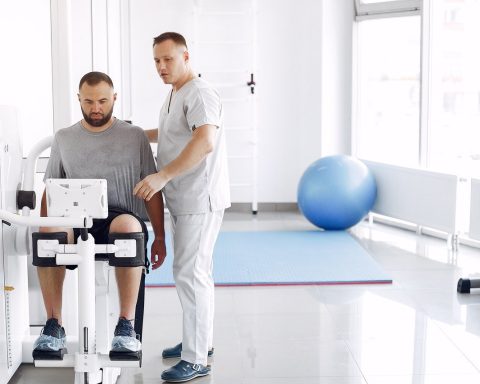After over a half-century of lobbying, it seems that cannabis prohibition may finally come to an end at the federal level. For a lot of Americans, many of whom have seen their states legalize cannabis and marijuana products to varying degrees, this may seem like a natural course of events for the harmless but controversial plant.
Except, cannabis isn’t entirely harmless. As with alcohol — a legal substance it is often compared with — the misuse of cannabis can bring about some very serious lifelong consequences.
Here in North Texas, cannabis is by far the most used illicit drug. While it is true that some use is considered legal in Texas, this legal window is narrow enough that the vast majority of cannabis use occurring in the state is likely to be illegal, even if the users don’t realize it.
Given that marijuana legalization is likely to be inevitable, it is important to understand the risks involved in cannabis use. After all, alcohol is legal, yet the substance is undoubtedly dangerous and responsible for millions of admissions to rehab centers in the United States.
Below are some of the reasons to be wary about cannabis use. If you’re in North Texas and suspect that you or a loved one have a substance use disorder, directory services such as Dallas Drug Treatment Centers can help you find the help you need.
Legal doesn’t mean risk-free
The comparison with alcohol is quite useful, as alcohol is, by most accounts and available data, relatively more harmful than cannabis despite it being legal.
Alcohol misuse and alcohol use disorders continue to be a major problem in the United States despite it being legal, and theoretically, a better-controlled substance compared to illicit street drugs.
Of course, we know that this isn’t true. Alcohol continues to be a leading cause of premature death, precisely because it is so accessible. As we’ve seen with both alcohol and prescription opioids, an increase in accessibility leads to more opportunities for misuse. We are likely to see the same pattern repeat with more liberal cannabis legalization.
Not everyone should be using cannabis
Medical cannabis has been a godsend for people with certain types of illnesses. Certain cannabis compounds have been proven to be highly effective for treating a variety of physical and mental health conditions.
The loss of appetite following chemotherapy, glaucoma, moderate pain, generalized anxiety disorder, Alzheimer’s disease, symptoms of HIV/AIDS, epilepsy, and eating disorders are just a few of the conditions where medical cannabis has proven effective, even more so than some conventional medications.
That said, you shouldn’t be taking medicines without a prescription either. Even over-the-counter medications have dosage recommendations. As we’ll explain below, the dose of cannabinoids in recreational cannabis has become problematic.
Today’s cannabis is more potent than ever
As an old medical adage goes, “the dose makes the poison”, which is to say that virtually any medicine you take the wrong dose of could be bad for you. Going back to alcohol, it’s one thing to have a beer and another thing entirely to have a whole six-pack.
But what if the only beer you could reasonably get was 40% alcohol and only came in two-liter bottles? Then, having “just one beer” will have different implications.
For various reasons, the trend in cannabis these days is to create ever more potent strains. The cannabis strains that are widely available in the United States today are dozens of times more potent than heritage strains that were widely used when the legalization movement first started.
The concentrations of cannabinoid compounds such as THC in today’s strains are so high that it likely nullifies most decades-old findings on cannabis safety. Researchers today are warning that these high doses can have profound negative effects on the brain, especially in adolescents and young adults.
Cannabis has also been associated with some negative health effects
Cannabis use has been linked to schizophrenia as well as with anxiety and depression. High doses of THC, such as those present in modern cannabis strains and synthetic cannabis products have also been linked to brain damage and drastically slowed brain growth in teens. Heavy use has also been associated with diminished cognitive function, regardless of age.
Smoking, the primary method by which cannabis is consumed, also has a host of associated health risks. As with tobacco and alcohol, pregnant and breastfeeding women risk harming their child with regular cannabis use.
Summary
While federal cannabis legalization is going to be a popular move among Americans, we should have no illusions that cannabis is a benign substance. If and when wider legalization of cannabis ever comes to pass, it’s important to understand the risks involved and the situations where you may want to abstain from its use. If you have children, you may want to educate them of the risks and restrict their access to cannabis until they become adults.
About the Author: Monica Mendoza is a blogger who is passionate about living a healthy lifestyle and finding ways to achieve modern comforts in a sustainable manner.








